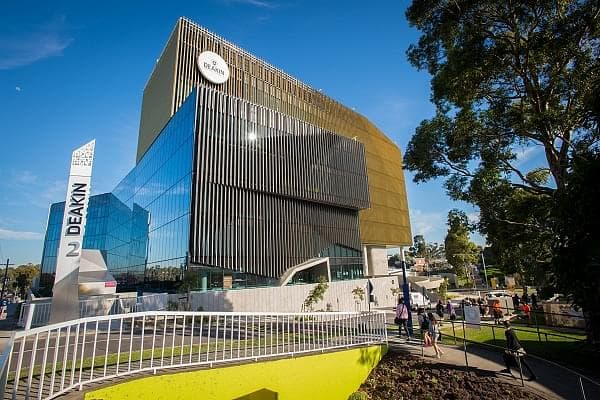Bachelor of Zoology and Animal Science at Deakin University
Victoria, Australia, Australia
- Tuition Fee AU$ 38,200
- Country Rank-
- Duration36 Months
- Score IELTS: 6 TOEFL: 65
Program Overview
Through Deakin’s Bachelor of Zoology and Animal Science, you will explore the social and economic impact that human activity has on animals and their ecosystems. Investigate how animals respond and adapt to changes in the environment, including climate change, with a strong focus on Australian fauna and its unique importance in the global environment. Apply the latest research techniques to test hypotheses in the real-world and develop evidence-based decision-making skills valued by industry.
You will work with living subjects in the lab and field, giving you a first-hand understanding of the form and function of animals and the underlying mechanisms that influence their ecology and evolution. You will also learn broadly about how animals respond to changing environments over time. Best of all, your journey will be supported by teaching staff who share your passion for animals.
Cost Of Studying At Deakin University
Interest rates as low as 8.9% *
250K+
Students Assisted
800Cr+
Loan Amount Disbursed
5000+
Loans Sanctioned
